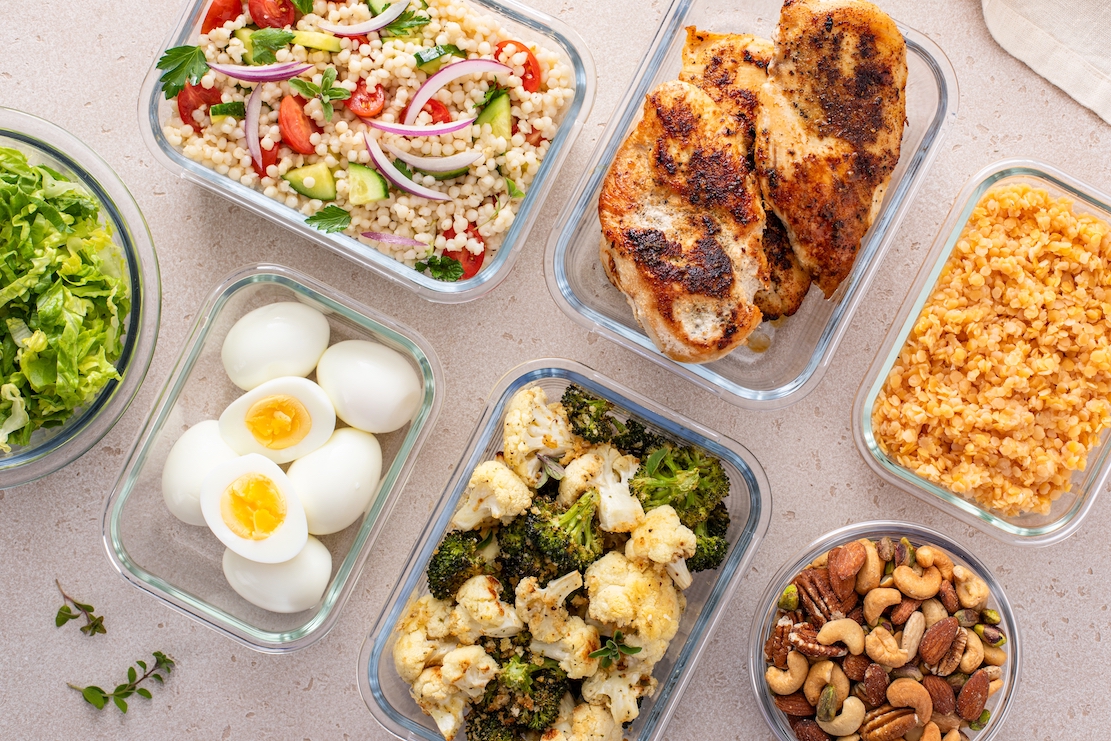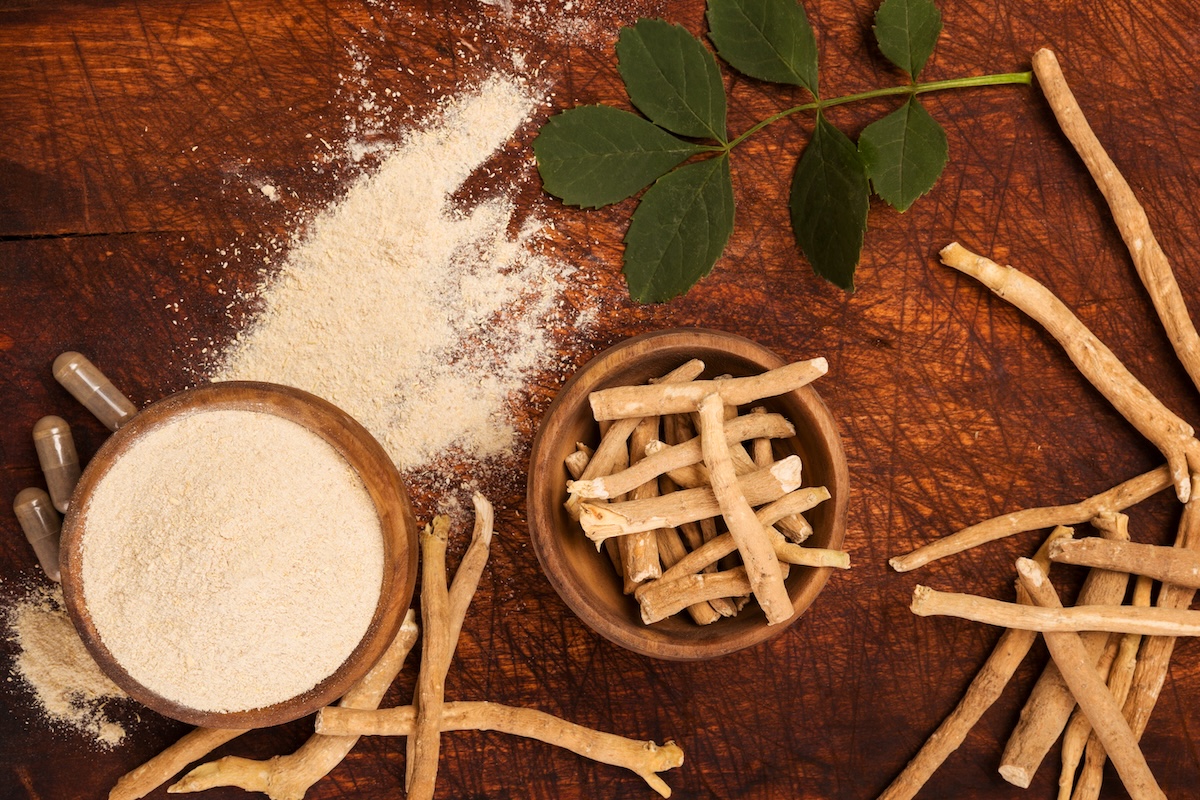Eiwitten: waarom je er veel van wilt

Eiwitten zijn onmisbare bouwstenen voor je lichaam. Van je spieren en huid tot je haar en hormonen: eiwitten spelen een rol in vrijwel alle processen in je lichaam. Toch wordt het belang van eiwit vaak onderschat, en de traditionele aanbevelingen voor eiwitinname zijn misschien niet genoeg om optimaal te functioneren. Hoog tijd om hier dieper in te duiken!
Eiwitten zijn moleculen die bestaan uit aminozuren, vaak omschreven als de ‘bouwstenen’ van het leven. Ze vormen de basis van bijna alle processen in het lichaam, van de Keuringsraad mag dit geclaimd worden over eiwitten:
- Sterke botten: Eiwit speelt een rol bij de botaanmaak en helpt sterke botten behouden. Eiwit is ook nodig voor de normale groei en ontwikkeling van de botten van kinderen.
- Spierherstel en -opbouw: Na inspanning helpt eiwit je spieren herstellen en het draagt bij tot de groei van spiermassa.
Daarnaast is het belangrijk om op latere leeftijd voldoende eiwitten binnen te krijgen, omdat je spiermassa verliest naarmate je ouder wordt.
De aanbevolen dagelijkse hoeveelheid voor eiwitten is vaak vastgesteld op 0,8 gram per kilogram lichaamsgewicht. Maar steeds meer onderzoeken wijzen uit dat dit misschien te laag is, vooral voor mensen die actief zijn, spiermassa willen behouden of verliezen, of ouder worden.
Een eiwitinname van 1 tot 1,2 gram per kilogram lichaamsgewicht wordt door veel experts als ideaal gezien om optimaal te profiteren van de voordelen van eiwitten. Voor een persoon van 70 kilo betekent dit dus 70 tot 84 gram eiwitten per dag.
Je lichaam kan sommige aminozuren zelf aanmaken, maar er zijn er ook negen, de essentiële aminozuren, die je via voeding moet binnenkrijgen. Dit maakt eiwitten een onmisbaar onderdeel van een gezond dieet. Daarnaast zorgen eiwitten er ook voor dat je langer een vol gevoel hebt, wat kan helpen bij gewichtsbeheersing.
Je kunt eiwitten halen uit zowel dierlijke als plantaardige bronnen, zoals:
Dierlijk: Kip, vis, eieren, melk, yoghurt en kaas.
Plantaardig: Linzen, bonen, kikkererwten, quinoa, noten, zaden en tofu.
Proteïnepoeder: in het Beyuna assortiment hebben we een vegan protein zonder soja, met eiwitten van erwten, hennep en rijst.
Het proces van spierverlies, ook wel sarcopenie genoemd, begint al vanaf je 30e. Zonder een actief onderhoud van spiermassa door middel van voeding en lichaamsbeweging kunnen de verliezen behoorlijk oplopen:
- Vanaf je 30e verlies je gemiddeld 3-8% spiermassa per decennium.
- Na je 50e versnelt dit proces, en vanaf je 60e kan dit oplopen tot een verlies van ongeveer 1-2% spiermassa per jaar, afhankelijk van levensstijl, voeding en lichamelijke activiteit.
Dit betekent dat een persoon tegen hun 70e of 80e zonder interventie aanzienlijk minder spiermassa heeft, wat kan leiden tot een verhoogd risico op vallen, verminderde mobiliteit en functioneel verlies. Het is dus des te belangrijker om vroeg te investeren in spierbehoud en dit door te zetten naarmate je ouder wordt. Een combinatie van voldoende eiwitten en regelmatige krachttraining is hierbij essentieel.
Of je nu fitter wilt worden, je energieker wilt voelen of gezond ouder wilt worden, een hogere eiwitinname kan een wereld van verschil maken. Het is tijd om de oude normen los te laten en eiwitten een centrale plek te geven in je voedingspatroon.


